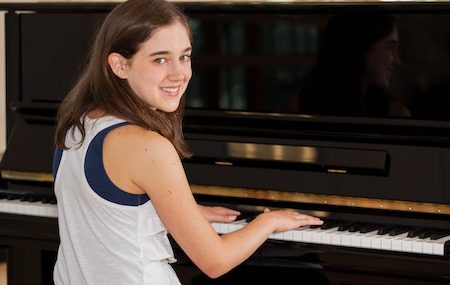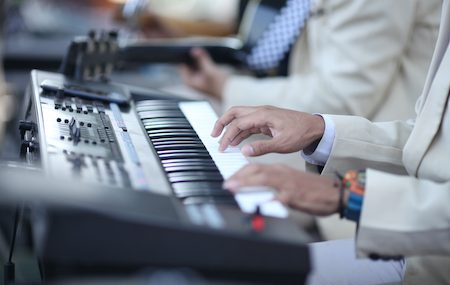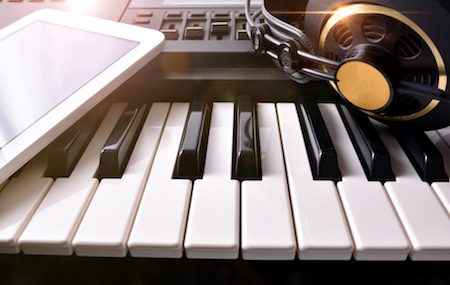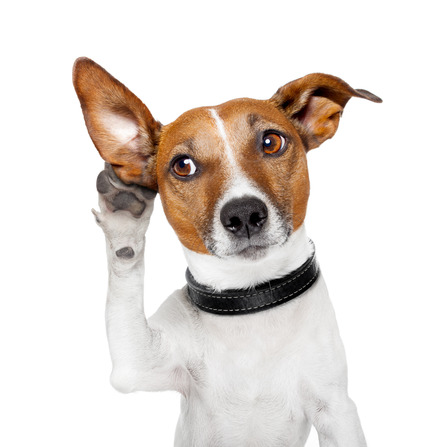You want what’s best for your child. You want to give them tools they can use for a happy, healthy life.
That’s why many parents place their kids in a variety of extracurricular activities, looking for things that stick. Will your child be the next athlete? Scholar? Musician? Each activity can add to their character and help develop a strong personality.
The gift of music is one thing they will take for life.
Music often starts at a very young age. You can help kids develop a sense of rhythm with simple instruments. A drum. A xylophone. Even simple hand-clapping and singing easy songs.
As a child grows, their curiosity grows right along with it. This is a perfect time to introduce an instrument. Learning the piano is a natural progression because piano brings melodies to life. If they have a favorite song, the piano allows them to create the music they love.
The gift of music comes from both listening and playing. Listening helps you develop culture, gives you a sense of community. Playing offers a variety of benefits, from promoting creativity to enhancing brain development. Studies from all around the world show that playing an instrument helps with:
- Hand-eye coordination
- Increasing test scores
- Fine motor skills
- Memory skills
- Listening
- Foreign language retention
- Concentration
Learning the piano is a foundational instrument, which can help build music skills that can be transferred to other instruments. Because you learn both melody and harmony, it often retains interest longer, and pushes kids into wanting more.
Looking to give your child a gift they can enjoy throughout their lives? Consider the gift of music.
It’s the perfect skill to help them develop stronger personalities, for life.






